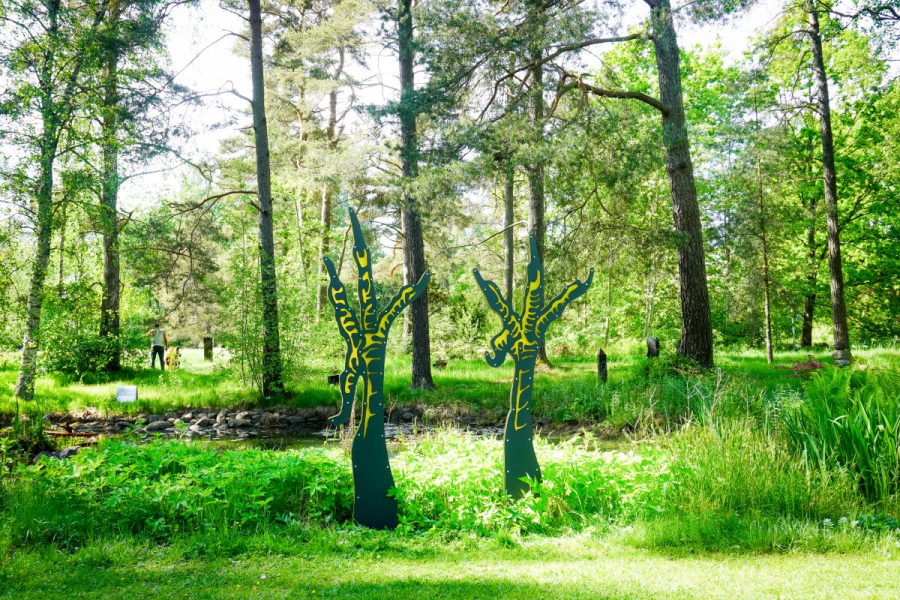Ben Schilderman
A piece inspired by: Edgar Allan Poe, The Raven 1845
Throughout the poem, the poet employs repetition to underscore the enigmatic knocking that takes place within the speaker's residence on a frigid December night. Initially, the speaker attempts to dismiss the sound, convincing himself that it is merely a figment of his imagination. However, eventually, curiosity gets the better of him, compelling him to unlatch the door and peer into the abyss, pondering whether it could be his beloved, Lenore, returned to his side. To his disappointment, no one greets him, save for a raven that swoops into his chamber and lands on a bust of Athena. The avian creature, uttering a solitary word, "Nevermore," responds with this phrase to every inquiry posed by the speaker.
In due course, the speaker surmises that ethereal beings, perhaps angels, have permeated the atmosphere, speculating whether they have come to alleviate his anguish. Regrettably, the bird's sole response remains "Nevermore," and it becomes apparent that the speaker will forever dwell in the oppressive shadow cast by the bust of Pallas perched above his doorway.
Athena, the revered goddess of wisdom and patron of scholars, embodies the epitome of intellectual acumen and logical reasoning. Her statue, symbolizing the rational mind and logical thought, stands as a representation of human pursuit of knowledge. However, the arrival of a raven perched upon her bust challenges the realm of reason and logic. Though the speaker poses reasonable questions to the raven, the elusive bird's sole response of "Nevermore" pushes him further into a state of madness and instability.
This encounter raises a fundamental truth: as humans, we are inherently driven to seek answers and make sense of the world around us. Yet, the profound experiences of loss and grief defy categorization and elude the confines of logic. They transcend the boundaries of rationality, leaving us grappling with emotions that cannot be neatly dissected or explained. In the face of such existential challenges, our rational selves are confronted with the limitations of our quest for understanding.
The tallons stand for the last bit of grief that never can be buried



